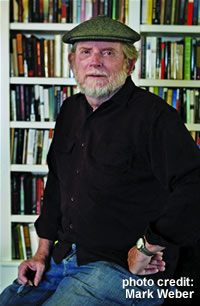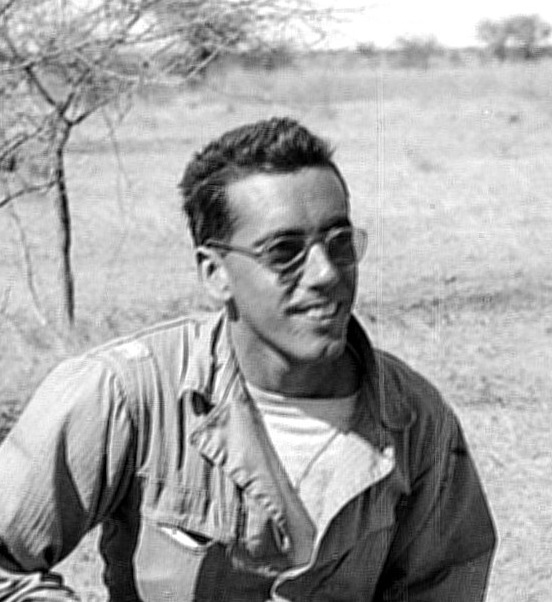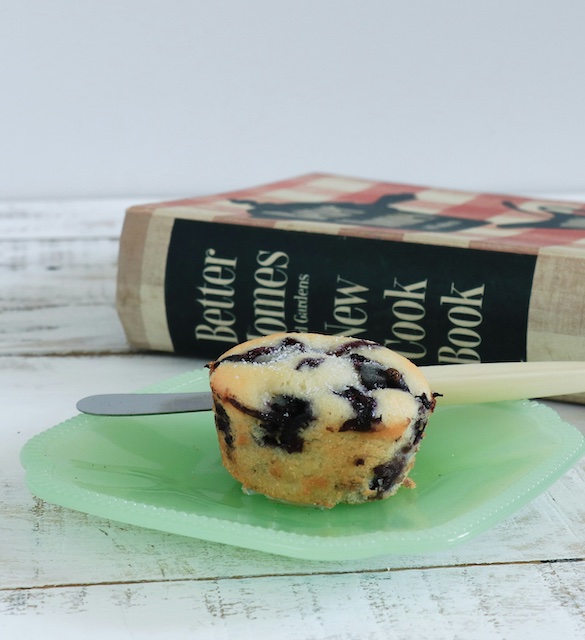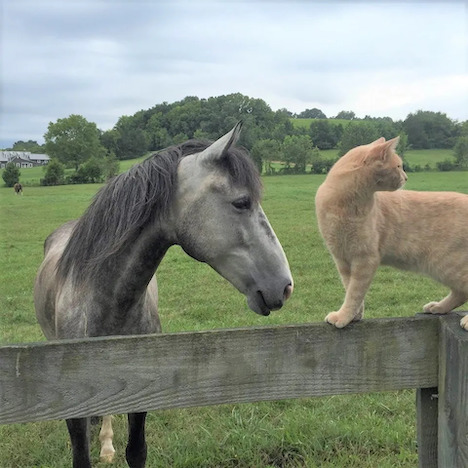Valuable Artifacts
Master novelist and short-story writer Richard Bausch explains why “books are the physical vessels that keep us linked to all the human times and places”
When I was very small, first learning to read, I remember being fascinated with the shapes of the letters, especially the letter ‘g,’ with its marvelous curling tail. I loved to look at it on the page, and I loved to stare at the tiny corrugations the print had made on the paper itself. I admired the question mark, probably for the same reasons, and the lovely comma, and the semicolon, too. I still like to look at them when I read. I didn’t care very much what the words said—I seldom took anything in. But I liked looking at the words on the page, and I grew to love the physical, tactile feeling of holding a book in my hands—their various shapes and designs and smells. I think this goes some to explain why I now have more than 8,500 volumes in my home library, and why I have spent my life around words, playing with them and putting them into combinations to see what comes of them, how they resonate with each other and what else they call forth.
To this day, when reading, I have a habit of periodically holding the book at a length to look at it, and then bringing it, open, to my face, to breathe the fragrance, old or new—and each has its specific satisfactions—that is always there and rises from each of them like something offered by a flower to the air, a very special kind of pollination. I have bought books without the slightest idea what is in them (yes, I said ‘is’ in that sentence, for books are always in a beautiful present tense); I bought them merely and only because I liked the way they looked and smelled. I have finished reading books that were not very well written because I liked the print, and the feel of them, and the fragrance (a ponderous biography of Einstein comes to mind). Indeed, some part of me is always slightly aloof when reading, standing back to enjoy the physical act of it, for itself, the textures and the sounds the paper makes, and the weight of the volume, the heft and solidness of it in my grasp. For me, nothing can ever replace that. And I treat all my books, paperbacks and otherwise, as valuable artifacts.
 My favorite book is War and Peace (or, as a Russian friend of mine says it ought to have been translated: War and Everything Else). The best translation in my opinion is the Rosemary Edmonds, published by Penguin Books, in paperback. I have one I bought in two volumes in 1964 when I was nineteen. The pages are yellow, but the spine is still unbroken. I have a one-volume copy I bought in 1986, and still another I bought this past spring, all of them Penguin paperbacks, differently designed, although the print is the same. I have been hoping to come across a hardback of the Edmonds translation and when I do, I’ll read it again. When my friend William Maxwell died, he was just finishing with that translation; he said it made him feel as though he were soaring. I had the pleasure of saying to him in a letter what Mark Twain so wonderfully said about it, when it came out: “Tolstoy carelessly neglects to include a boat race.” I so love that.
My favorite book is War and Peace (or, as a Russian friend of mine says it ought to have been translated: War and Everything Else). The best translation in my opinion is the Rosemary Edmonds, published by Penguin Books, in paperback. I have one I bought in two volumes in 1964 when I was nineteen. The pages are yellow, but the spine is still unbroken. I have a one-volume copy I bought in 1986, and still another I bought this past spring, all of them Penguin paperbacks, differently designed, although the print is the same. I have been hoping to come across a hardback of the Edmonds translation and when I do, I’ll read it again. When my friend William Maxwell died, he was just finishing with that translation; he said it made him feel as though he were soaring. I had the pleasure of saying to him in a letter what Mark Twain so wonderfully said about it, when it came out: “Tolstoy carelessly neglects to include a boat race.” I so love that.
To me, books are the physical vessels that keep us linked to all the human times and places, nothing less than the one practical, hands-on thing that cheats death and the silence. This particular morning, I had a brief one-way conversation with a gentleman named Homer, who made my heart stir, describing Hector in his shining helmet, and Hector’s young son failing to recognize him, and crying, until Hector takes the helmet off, showing himself, laughing. Oh, yes. Tragic, sad, human, doomed Hector. And it was written more than 2,700 years ago.
Copyright (c) 2011 by Richard Bausch. All rights reserved.
To read Chapter 16‘s profile of Richard Bausch, please click here.


